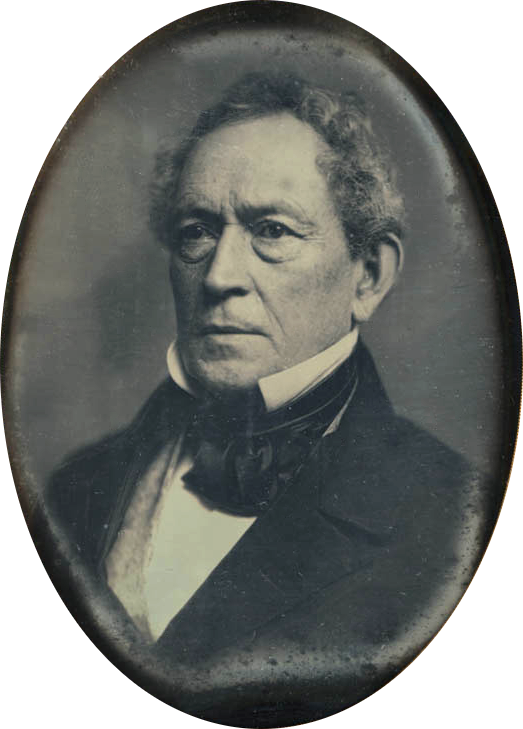Oration on the Character of Washington (1856); as published in A Library of American Literature from the Earliest Settlement to the Present Time Vol. V (1888) by Edmund Clarence Stedman and Ellen Mackay Hutchinson.
Contesto: No gilded dome swells from the lowly roof to catch the morning or evening beam; but the love and gratitude of united America settle upon it in one eternal sunshine. From beneath that humble roof went forth the intrepid and unselfish warrior, the magistrate who knew no glory but his country’s good; to that he returned, happiest when his work was done. There he lived in noble simplicity, there he died in glory and peace. While it stands, the latest generations of the grateful children of America will make this pilgrimage to it as to a shrine; and when it shall fall, if fall it must, the memory and the name of Washington shall shed an eternal glory on the spot.
Edward Everett: Frasi in inglese
“Education is a better safeguard of liberty than a standing army.”
As quoted in The Common School Journal and Educational Reformer (1852), edited by William B. Fowle, p. 28.
Contesto: Education is a better safeguard of liberty than a standing army. If we retrench the wages of the schoolmaster, we must raise those of the recruiting sergeant.
“The great object of all knowledge is to enlarge and purify the soul”
"The Uses of Astronomy" (28 July 1856) http://www.gutenberg.org/etext/16227.
Contesto: The great object of all knowledge is to enlarge and purify the soul, to fill the mind with noble contemplations, to furnish a refined pleasure, and to lead our feeble reason from the works of nature up to its great Author and Sustainer. Considering this as the ultimate end of science, no branch of it can surely claim precedence of Astronomy. No other science furnishes such a palpable embodiment of the abstractions which lie at the foundation of our intellectual system; the great ideas of time, and space, and extension, and magnitude, and number, and motion, and power. How grand the conception of the ages on ages required for several of the secular equations of the solar system; of distances from which the light of a fixed star would not reach us in twenty millions of years, of magnitudes compared with which the earth is but a foot-ball; of starry hosts—suns like our own—numberless as the sands on the shore; of worlds and systems shooting through the infinite spaces
"The Dirge of Alaric, the Visigoth" In The New Monthly Magazine and Literary Journal Vol. V, No. 25 (January-June 1823), p. 64.
Gettysburg Oration (1863)
"The Dirge of Alaric, the Visigoth" In The New Monthly Magazine and Literary Journal Vol. V, No. 25 (January-June 1823), p. 64.
Letter to Abraham Lincoln on his Gettysburg Address (20 November 1863).
On admission of the first black student to Harvard University, as quoted in Edward Everett, Orator and Statesman (1925) by Paul Revere Frothingham, p. 299.
Edward Everett, reported in Josiah Hotchkiss Gilbert, Dictionary of Burning Words of Brilliant Writers (1895), p. 352.
Edward Everett, reported in Josiah Hotchkiss Gilbert, Dictionary of Burning Words of Brilliant Writers (1895), p. 140.
Edward Everett, reported in Josiah Hotchkiss Gilbert, Dictionary of Burning Words of Brilliant Writers (1895), p. 141.
Gettysburg Oration (1863)
